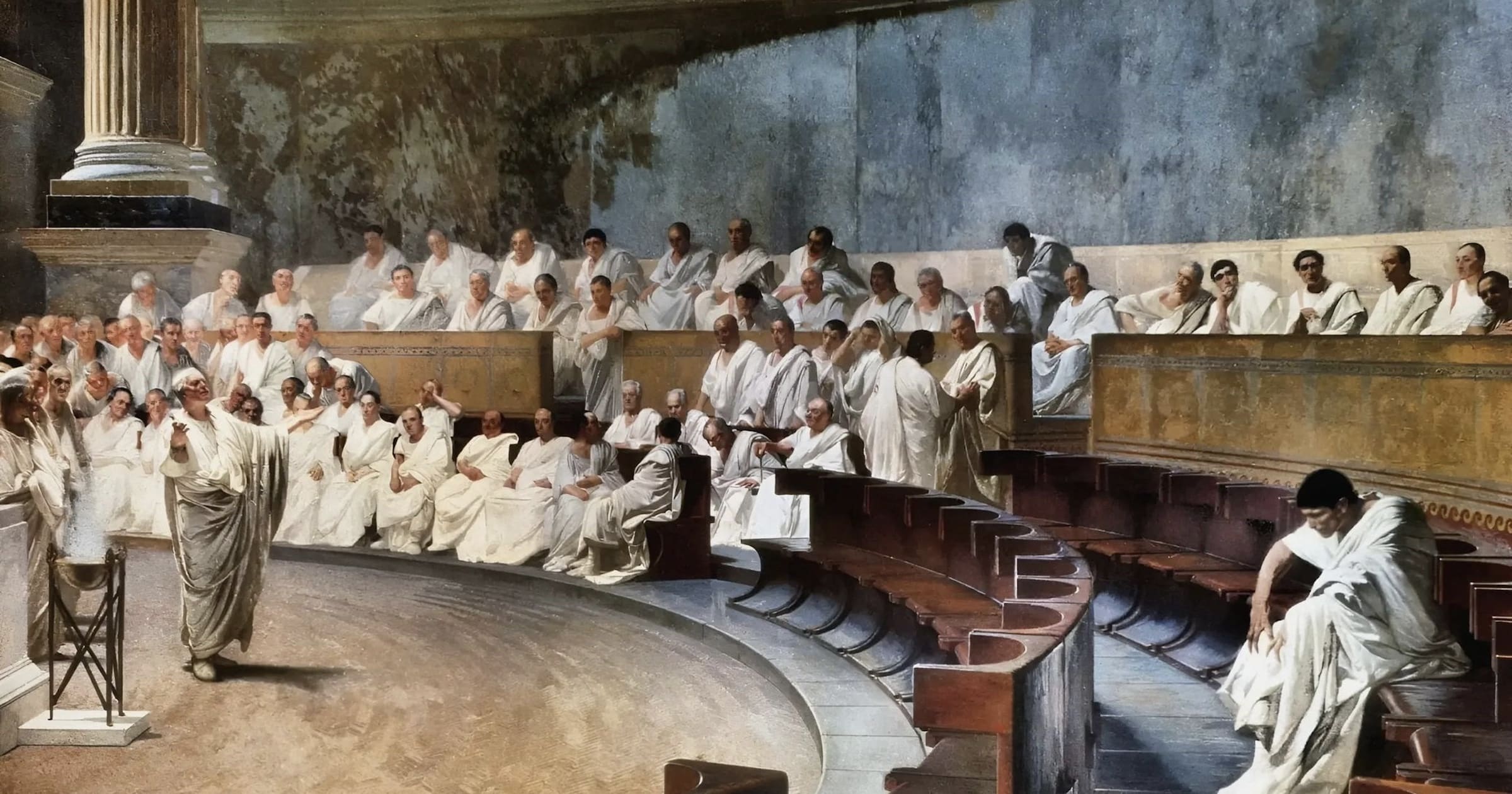 Faith & Science
Faith & Science
 Intelligent Design
Intelligent Design
Cicero on Intelligent Design — Sound Familiar?

Yesterday was Cicero’s birthday. To celebrate, here’s my favorite quote from the Roman philosopher. From my book Finding Truth: 5 Principles for Unmasking Atheism, Secularism, and Other God Substitutes:
“Yet we don’t really need the latest findings from science to recognize that a mind is needed to explain the universe. In every age, people have realized that an intelligible universe must be the product of intelligence.”
In ancient Rome, the Stoic philosophers offered an argument from design that sounds very familiar to modern ears. In the century before Christ, the great Roman orator Cicero wrote, “When we see something moved by machinery, like an orrery [model of the planetary system] or clock or many other such things, we do not doubt that these contrivances are the work of reason.”
He then drew the logical conclusion: “When therefore we behold the whole compass of the heaven moving with revolutions of marvelous velocity and … perfect regularity …, how can we doubt that all this is effected not merely by reason, but by a reason that is transcendent and divine?”
Sounding almost biblical in his language, Cicero wrote, “You see not the Deity, yet … by the contemplation of his works you are led to acknowledge a God.”
Clearly, people in the ancient world were capable of “reading” the message of general revelation in nature. The opening theme in Romans 1 is that anyone can conclude that the created order is the product of an intelligent being.


